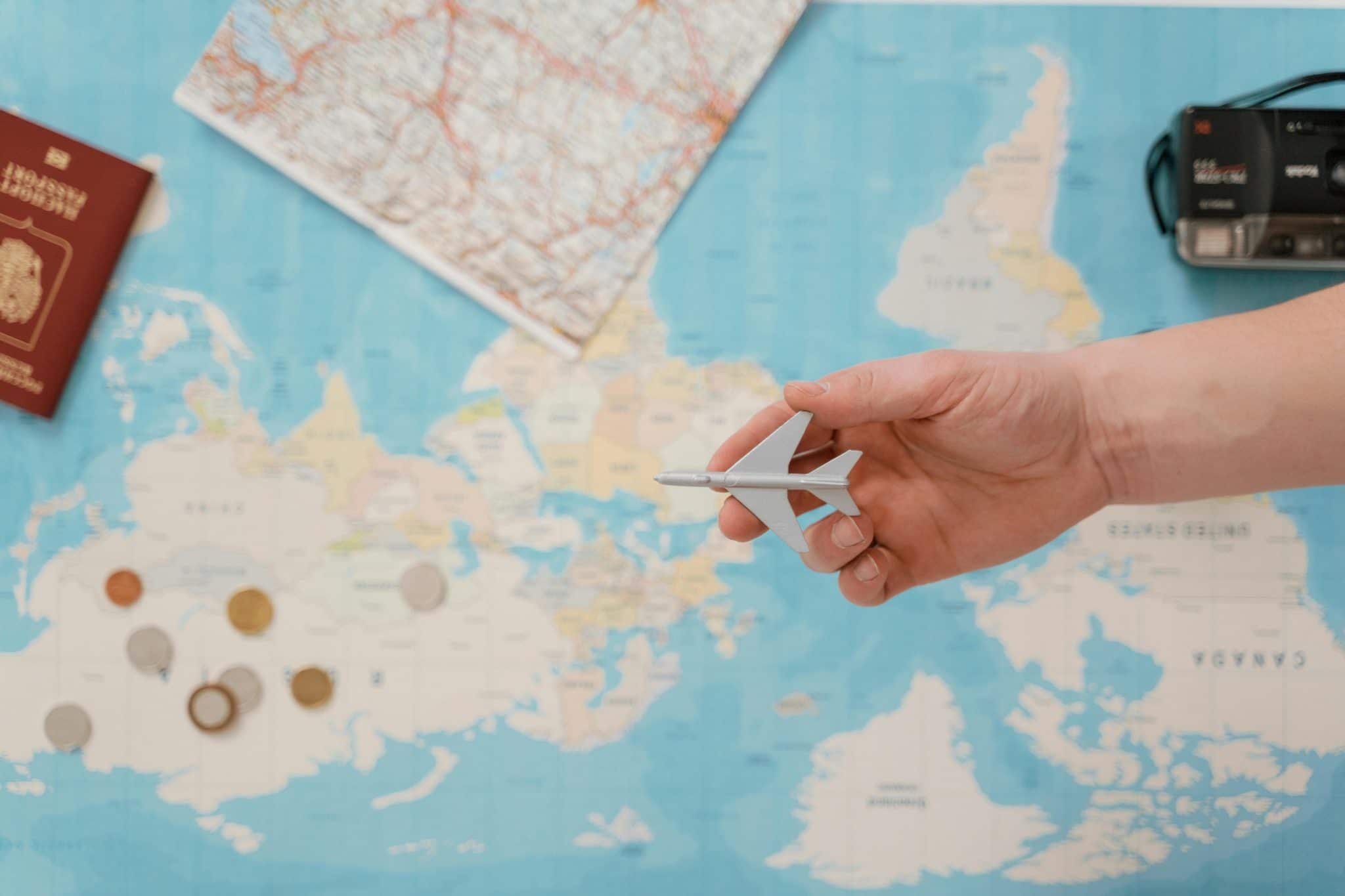Cultural Etiquette Tips for International Travelers
Welcome to a world full of diversity and culture! As an international traveler, exploring new countries and immersing in different traditions can be an exciting and enriching experience. However, it is important to remember that each destination has its own set of cultural norms and customs that must be respected. While it may seem daunting to navigate through these unique etiquettes, fear not! In this article, we will share essential cultural etiquette tips that will ensure a smooth and respectful journey for you as an international traveler.
Understand Cultural Differences
One of the most crucial aspects of traveling to a new country is to first understand the cultural differences. What may be acceptable in your home country may not necessarily be appropriate in another. It is always recommended to research your destination’s culture, customs, and etiquette beforehand. This will help you to avoid any misunderstandings or unintentional disrespectful acts.
Learn Basic Phrases in the Local Language
Learning a few basic phrases in the local language can go a long way in showing respect towards the country you are visiting. Not only does it help in communicating with the locals, but it also shows your willingness to adapt to their culture. Simple words like “Hello,” “Thank you,” and “Please” can make a significant difference in breaking the ice and building a positive relationship with the locals.
Dress Appropriately
Clothing plays a significant role in cultural etiquette when traveling. What may be considered normal in one country might be inappropriate in another. It is essential to dress modestly and respectfully to avoid any discomfort or disrespect towards the locals. Researching the dress codes and adhering to them is crucial, especially when visiting religious or sacred sites.
Be Aware of Gestures and Body Language
Gestures and body language can convey different meanings in different cultures. It is essential to be aware of the body language and gestures that may be considered offensive or inappropriate in your destination country. For example, in many Asian countries, pointing with your finger is considered rude, and crossing your legs while sitting is seen as a sign of disrespect.
Show Respect in Places of Worship
When visiting religious or sacred sites, it is vital to show respect and follow the appropriate etiquette. This may include covering your head, removing your shoes, or following a specific seating arrangement. It is best to observe and follow the locals’ lead to avoid any unintentional disrespectful acts.
Be Aware of Tipping Customs
Tipping customs vary from country to country. In some countries, tipping is expected, while in others, it is considered offensive. It is essential to research the tipping culture of your destination country before your trip. You can also ask a local or your tour guide for guidance on the appropriate amount to tip in different situations.
Be Mindful of Personal Space
Personal space can vary from culture to culture. In some countries, people might prefer a more reserved and business-like approach, while in others, physical contact and close interactions are common. It is essential to be mindful of personal space and avoid any actions that may make the locals uncomfortable.
Conclusion
Traveling to new and unfamiliar destinations is an exciting adventure filled with enriching experiences. By understanding and respecting the cultural differences, you can ensure a smooth and memorable trip that leaves a positive impact on both you and the locals. Remember, the key to cultural etiquette as an international traveler is to always keep an open mind, be respectful, and embrace diversity!










